Publications
Articles, publications, books, tools and multimedia features from the U.S. Institute of Peace provide the latest news, analysis, research findings, practitioner guides and reports, all related to the conflict zones and issues that are at the center of the Institute’s work to prevent and reduce violent conflict.
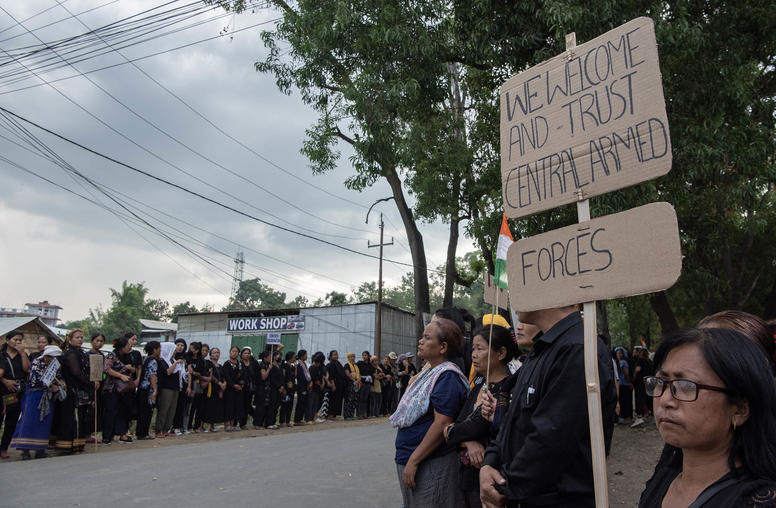
In Northeast India, Manipur’s Violence Echoes Sudan’s Darfur
Rising violence this year threatens to deepen instability in India’s far northeastern region. Ominously, the bloodshed centered in India’s state of Manipur includes elements that were visible in early stages of the 20-year-old conflict in Sudan’s Darfur region. Darfur’s violence has killed or displaced millions of people and helped lead to this year’s civil war across Sudan. Tragically, both countries have seen these disparate conflicts intensify through widened opportunities for ill-governed ethnic militias and for hate speech. These evolutions have hardened local conflicts over land or water into more extreme, venomous warfare between ethnic or religious communities. Darfur’s example underscores the urgent need for responses in Manipur.
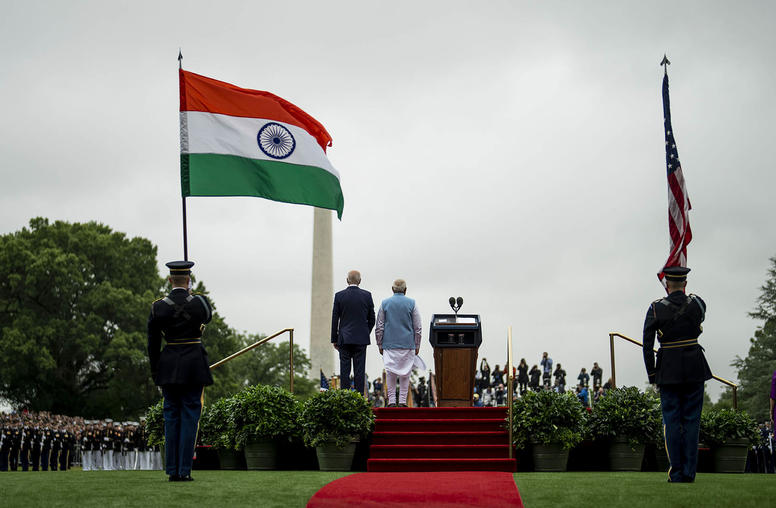
At G20, India Tests Geopolitical Clout Amid Xi’s Absence
World leaders from the Group of 20 (G20) gather this weekend in New Delhi, India, for the intergovernmental forum’s annual summit. Indian Prime Minister Narendra Modi is aiming to leverage the summit to showcase India’s growing international influence. The summit will be center stage for the emerging divisions in world politics and for major powers’ efforts to woo the Global South. Yet, despite this competition, China’s Xi Jinping has opted to not attend the summit in what many see as a snub to rival India. The White House has said it will come to the summit with a “value proposition” for the Global South, focused on multilateral development reform, climate financing, debt relief and technology.

Sameer Lalwani on the G20 Summit
At the G20 summit, the United States should focus on engaging with the Global South. “A lot of these countries are worried about bread-and-butter issues,” says USIP’s Sameer Lalwani. “In the absence of U.S. leadership at an institutional level … there’s going to be other actors that fill that vacuum.”
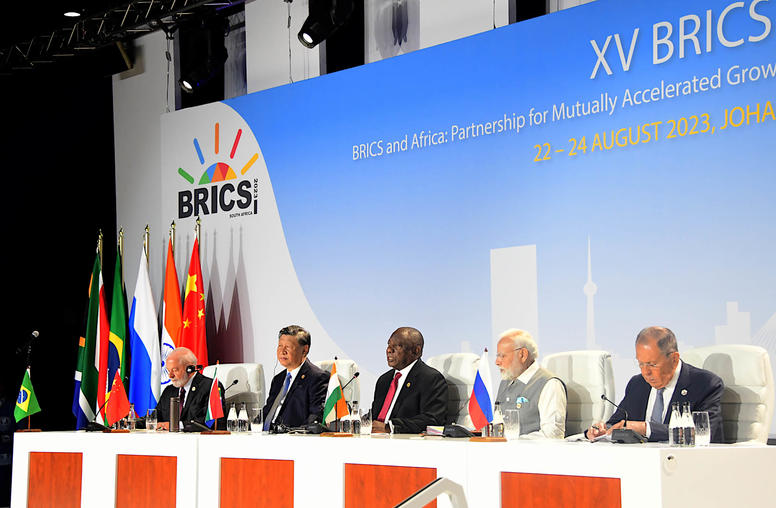
What BRICS Expansion Means for the Bloc’s Founding Members
After more than 40 countries expressed interest in joining, the question of whether BRICS would admit new members was finally answered during the group’s summit last week. Despite pre-summit reports of division over the potential expansion, leaders from the five-nation bloc announced that Saudi Arabia, Iran, Ethiopia, Egypt, Argentina and the United Arab Emirates (UAE) would join the group starting in 2024.

Henry Tugendhat on the Geopolitical Impact of BRICS Expansion
The expansion of BRICS is a significant step in the bloc’s push to counterbalance the Western-led international order. But as a consensus-based group, “the question remains to what extent will they agree on what [that] alternative world order might look like,” says USIP’s Henry Tugendhat.
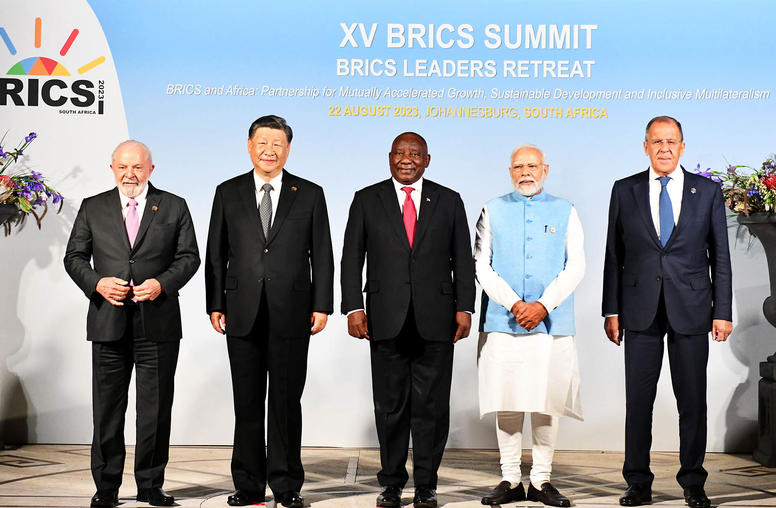
Why the BRICS Summit Could Be a Big Deal
The leaders of the so-called BRICS (Brazil, Russia, India, China and South Africa) are gathering in Johannesburg this week in what is likely to be pivotal meeting for the bloc’s trajectory. Russian President Vladimir Putin will not be attending due to an International Criminal Court warrant. But Moscow and Beijing will be pushing for the group’s expansion in a bid to strengthen the bloc as an alternative to the U.S.-led liberal international order. Over 40 countries have applied to join. But there is division within the five members. Brazil and India fear that expansion will dilute their influence and impact their nonaligned foreign policies.
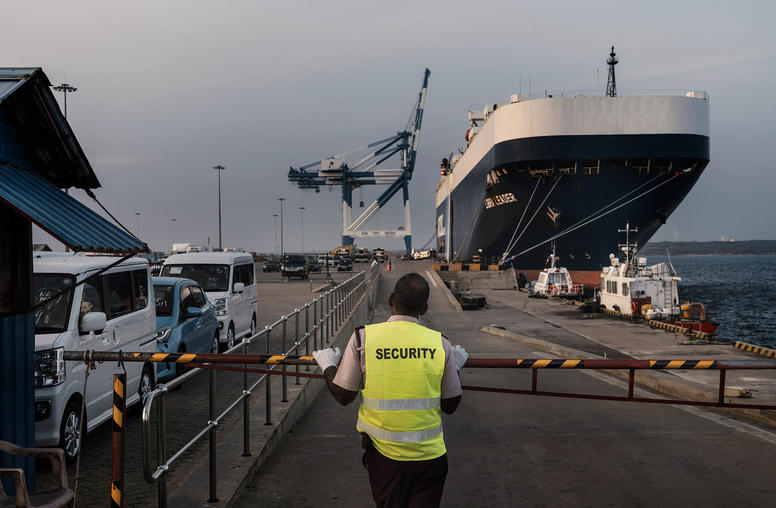
Indian Ocean Basing and Access: How Smaller States Navigate Major Power Competition
In late July, Sri Lankan President Ranil Wickremesinghe traveled to New Delhi to meet with Indian Prime Minister Narendra Modi. The trip addressed several important issues, such as greater connectivity. However, there was one item on the agenda that did not receive much media attention despite its potential impact on Indian Ocean regional security: Sri Lanka’s new standard operating procedure (SOP) to determine which military and non-military ships and aircraft may visit the country.

Vikram Singh on Indian Prime Minister Modi’s U.S. Visit
China’s assertiveness has brought the United States and India into closer strategic alignment. But as India's Prime Minister Narendra Modi arrives in Washington, USIP’s Vikram Singh says it’s important to remember “we’re not allies, we’re partners … The Indians feel like they have to maintain a much more balanced set of relationships” in the Indo-Pacific.
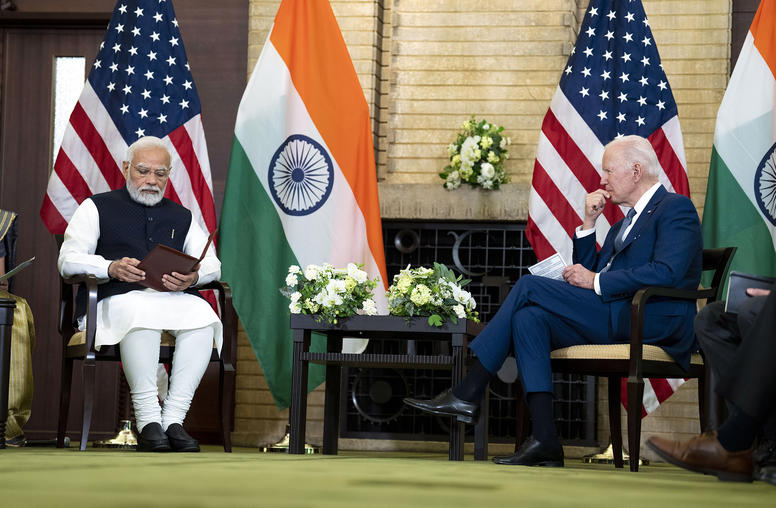
Modi’s Trip to Washington Marks New Heights in U.S.-India Ties
Against the backdrop of tightening U.S.-India ties, Indian Prime Minister Narendra Modi heads to Washington this week for an official state visit — only the third President Joe Biden has hosted since taking office. The bilateral relationship has soared to new heights in recent years, particularly on economic, technological and defense issues. Underpinning these developments is both sides’ desire to counter China’s effort to project power and influence across the Indo-Pacific region. While Washington and New Delhi have their disagreements on issues like Russia’s war on Ukraine and human rights, they see the relationship as too strategically vital to be jeopardized by these differences.
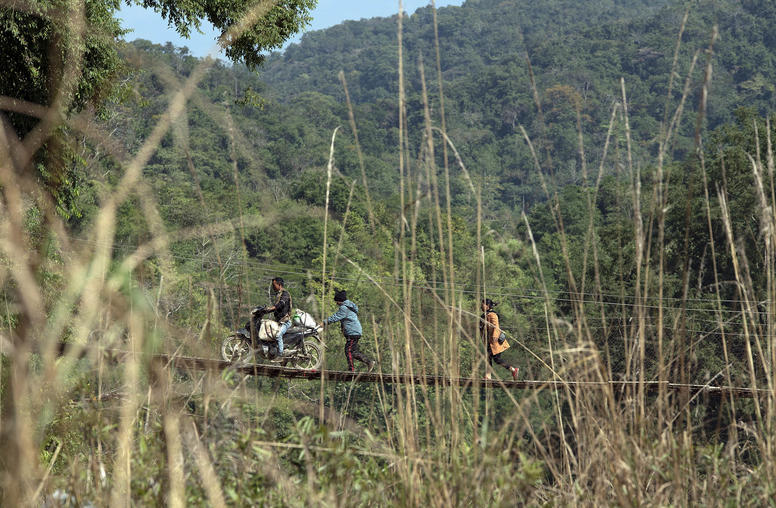
Time is Running Out for India’s Balancing Act on the Myanmar Border
India has had a simmering crisis on its northeastern border since the Myanmar military’s February 2021 coup d’état. Over 50,000 civilians have fled across the border from Myanmar’s Chin State and Sagaing Region into India’s northeast. New Delhi has maintained a delicate balancing act, allowing refugees into the country but refraining from political pressure on the junta and its State Administrative Council (SAC). However, as the situation in Myanmar continues to worsen, India will need to rethink its position before the fallout seriously threatens its interests.